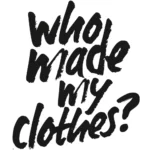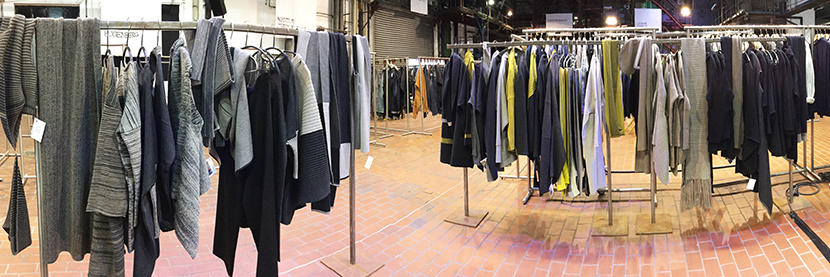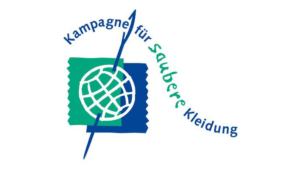What does the label in the clothes do to us?
Hand on heart: Who has a better conscience if the label says "Made in Europe"?
Many people think that clothes produced in Europe are better per se: in terms of working conditions, supply chains and transparency, better than in the Global South.
This idea is quite problematic and not only supports power imbalances between the Global South and the Global North; it shows privilege and arrogance. Moreover, it is simply wrong. For: Unfortunately, the label "Made in Europe" is no guarantee of fair production. This is particularly evident in production in Eastern Europe.
For the fashion companies, the countries of Eastern and South-Eastern Europe are a low-wage paradise. Many advertise with "Made in Europe" and suggest that production in Europe is "fair". But many of the workers live in poverty, are over-indebted, overworked and sick.
New reports of the Clean Clothes Campaign (Clean Clothes Campaign) document poverty wages in the fashion factories Turkey, Hungary, Serbia and Ukraine. Many seamstresses earn only the net minimum wage despite working overtime, and they cannot live on that!
A recently published survey in Hungary, Serbia and Ukraine of more than 110 workers in shoe and fashion factories revealed that a lot of overtime has to be worked in order to meet production targets. Even then, the workers only earn just above the minimum wage. A living wage on which a family can live would have to be at least five times higher on average.
A survey in the Turkey of several hundred workers shows a similar picture: The seamstresses usually only earn the legal minimum wage or slightly more, even with overtime. The families are over-indebted and their children have to drop out of education and take a wage job. The current minimum wage of 241 euros is compared to a basic living wage of 880 euros, which means that the minimum wage only funds a quarter of the basic cost of living."
The Clean Clothes Campaign in Turkey stresses that "because of hyperinflation, textile workers face the almost insoluble problem of feeding their families. The state gives financial incentives to entrepreneurs, but the implementation of labour laws and the minimum wage is hardly controlled. In addition, 60 per cent of the 1.5 million employees work without an employment contract, without social security, without clear remuneration principles. The informal economy is booming. Frequent violations of fundamental rights concern trade union rights, child labour and discrimination in particular. Overtime regulations are consistently ignored - and no one checks or punishes this."

In addition to the Supply Chain Act, equally important is, that the awareness of all those working in the fashion sector is raised that the production of textiles is hard work and accordingly Value estimated becomes. But also Transparency, how disclosure of where and how production takes place, the possibility of traceability, etc., is absolutely necessary on the part of the fashion companies, so that everyone has the possibility to inform themselves.
Get information and ask yourself the question: "If I can choose where my clothes are made, what would I choose?
———
Source: Clean Clothes, Frederike Bartzsch from Fashionchangers.de


